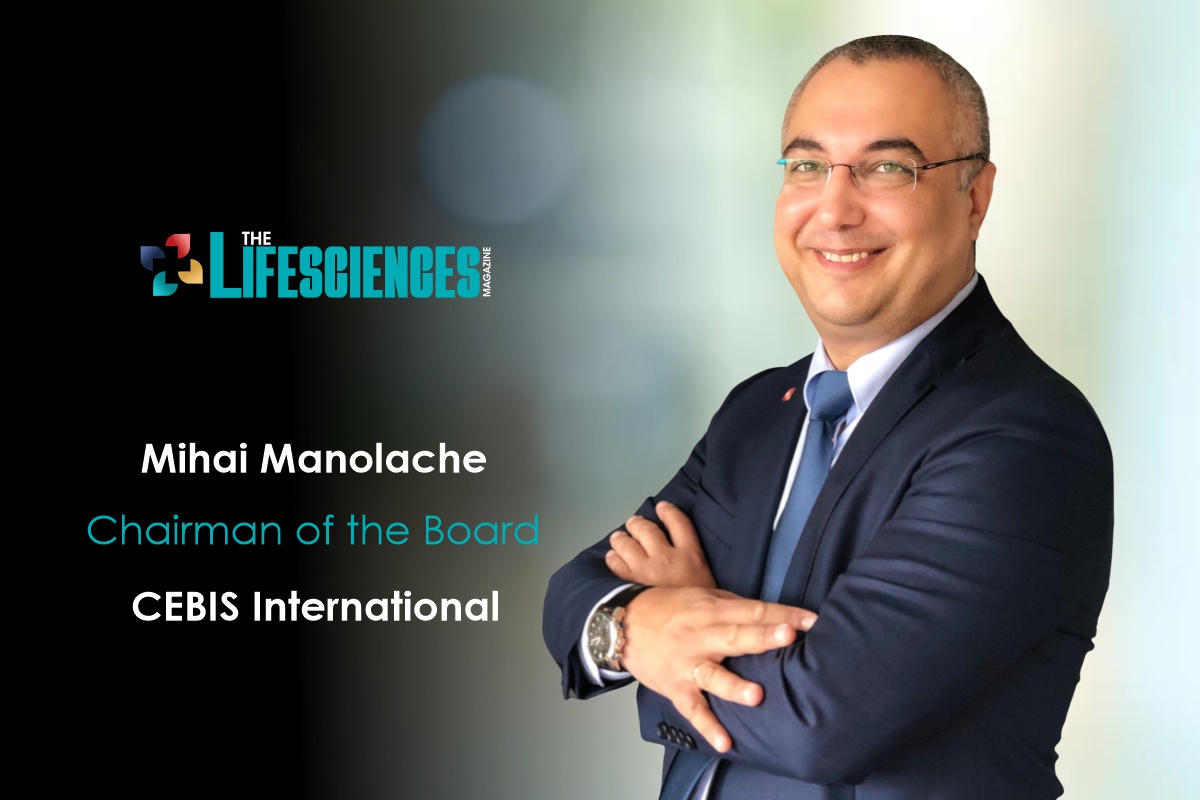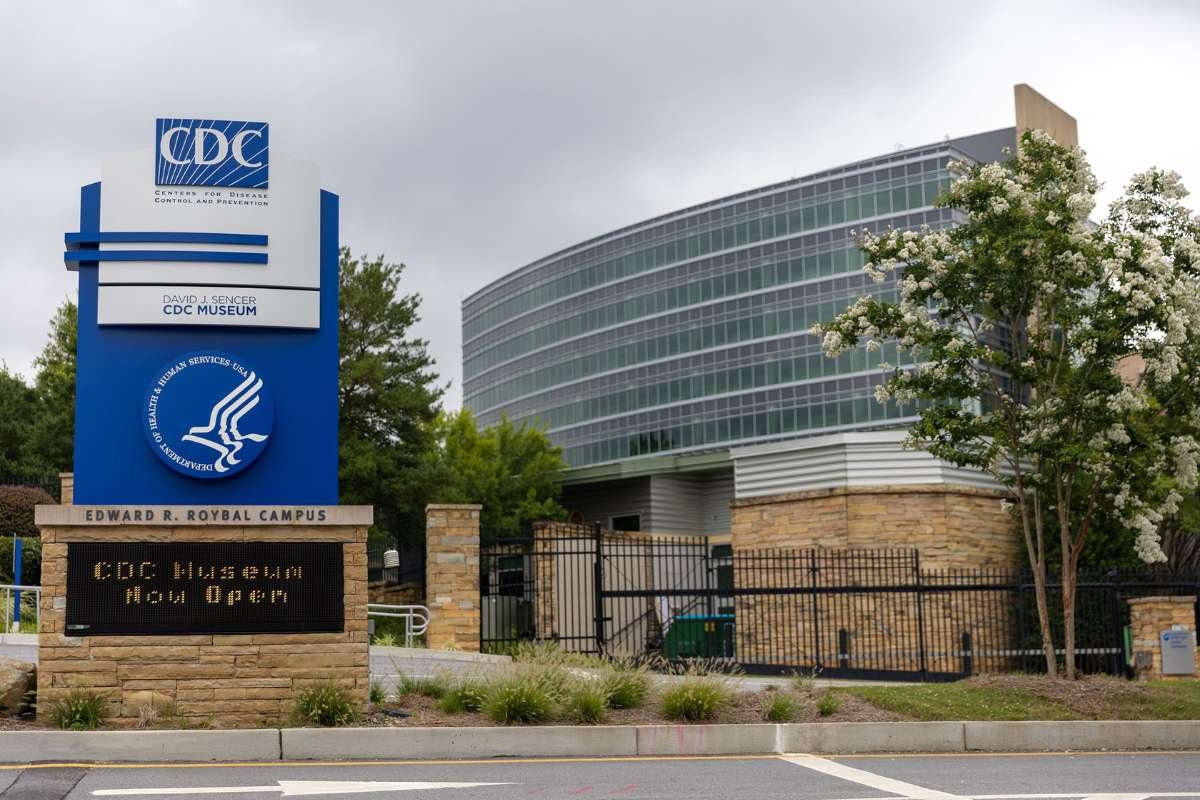CEBIS Launches Comprehensive Preclinical and Clinical Trials Services, Including Bio-analytical Lab and Global Logistics
“CEBIS is pleased to announce its expansion into the North American and Indian markets after more than 15 years of operation in the European Union”
Dr. Mihai Manolache, PhD – Chairman of the Board of Directors
CEBIS, a full-service CRO headquartered in Houston, Texas, will provide a comprehensive integrated solution for clinical research (including start-up to CSR, phase I to IV), pre-clinical testing, drug safety services, biostatistics, clinical trial supplies, and software solutions such as IRT/EDC, at highly competitive advantages and with a focus on patients’ needs.
Representatives of the clinical trial industry with over two decades of experience in the field have decided to merge with CEBIS. CEBIS International (Europe), Clinical Trial Network – CTN (United States of America), Globyz Clinical Solutions (Canada), Vayam Research Solutions (India), and Achiral Systems Private Limited (India) have signed definitive agreements.
“By taking this action, we are enabling ourselves to meet the objectives of our sponsors. We are confident that the combination of our scientific expertise, state-of-the-art infrastructure, agile approach, and global footprint will enable us to become a long-term, competitive service provider”, says Dr. Mihai Manolache, PhD – Chairman of the Board of Directors.
The new venture provides pharmaceutical & biotech sponsors and drug development companies with comprehensive services for all their drug development requirements.
“Together, we will contribute to the development of evidence-based medicine for patients by assisting our collaborators in meeting their objectives within the required time frame, budget, and quality standards”,
Dr. Tausif Monif – CEO – CEBIS Inc
With offices and operations in Boston, Philadelphia, and Chicago, as well as a global hub for clinical trial supplies in North America, R&D, Logistics, Clinical and Pre-Clinical facilities (GLP accredited), and Technology & Innovation centers in Ahmedabad, Hyderabad, Chennai, Mumbai, and Bangalore, CEBIS can now support clinical research operations on three continents.
CEBIS has a network of more than 300 clinical research sites in the United States and Europe, as well as over 2,000 principal investigators in all therapeutic areas, with a focus on Oncology & CNS. With a strong team of over 500 Clinical Research Associates (CRAs) and Project Managers, CEBIS is well positioned to become one of the main players in the global clinical research environment, having managed trials for over 120 000 patients in the US and Europe.
Right Partner for your R&D and Pre-Clinical Requirements
Established as a center of excellence for GLP toxicology and safety assessment, providing services throughout India and the world. CEBIS provides toxicology evaluation services to clients in the pharmaceutical, biotech, medical device, cosmetics, agri-foods, food supplements, feed additives, and chemical industries in accordance with OECD GLP, ISO, and USFDA GLP (21 CFR Part 58, Revision 2009) regulatory guidelines.
A 56,000-square-foot, state-of-the-art facility designed specifically to comply with GLP and AAALAC international regulations.
The facility has obtained OECD GLP certification from the National GLP Compliance Monitoring Authority and is registered with the CPCSEA, Ministry of Environment, Forest, and Climate Change, Government of India.
CEBIS can conduct pre-clinical toxicology (discovery toxcology) testing, agrochemical and chemical testing, biocompatibility testing, diet formulation, and bulk release testing. Our in-house clinical research professionals have extensive experience conducting both early and late phase studies for small-molecule and large-molecule pharmaceuticals.
Bridging the Gap Between Preclinical and Clinical Research
Preclinical studies play a crucial role in clinical research by evaluating the in vivo effects of interventions on biological pathways and physiological processes. Nevertheless, the majority of these research produce equivocal findings as a result of flawed experimental design, insufficient validation of animal models, inadequate treatment duration, incomplete reporting, and subjective interventions.
Numerous pathophysiological pathways and possible targets have been investigated in several preclinical models although their validity has not been established through human investigations. Hence, the utilization of established animal models and disease indicators has been suggested as a means of selecting samples in treatment studies. In order to enhance translational research in preclinical models, it is imperative to incorporate larger sample sizes, utilize biopsies, and employ an omics approach.
Genetically modified mice models are employed in the field of cancer research to facilitate the development of targeted medicines, as they effectively replicate the histological and biochemical characteristics of human tumors. These techniques assist in the validation of emerging anticancer medications, the identification of indicators for tumor growth, the evaluation of therapeutic indices, and the elucidation of the role played by epigenetic and environmental factors in the development of tumors.
Drug Development using Technology and Innovation
For pharmaceutical businesses and chemical scientists, drug design and development is an essential topic of study. Low efficacy, off-target delivery, time consumption, and high cost, on the other hand, create a barrier and challenges that impact medication design and development. Achieving Patient safety and data security through technology, meeting the quality compliance needs of HIPAA and GDPR is something that we are always in our focus. Real time data availability to take informed decisions can all be achieved through technology and Innovation.
Furthermore, complicated and large data sets from genomes, proteomics, microarray data, and clinical trials obstruct the drug discovery pipeline. Artificial intelligence and machine learning are critical in medication research and development.
In other words, deep learning algorithms and artificial neural networks have revolutionized the field. Several drug discovery processes have used machine learning and deep learning algorithms, including peptide synthesis, structure-based virtual screening, ligand-based virtual screening, toxicity prediction, drug monitoring and release, pharmacophore modeling, quantitative structure-activity relationship, drug repositioning, polypharmacology, and physiochemical activity.
Historical evidence supports the use of artificial intelligence and deep learning in this subject. Furthermore, fresh data mining, curation, and management strategies aided recently created modeling algorithms.
To summarize, at CEBIS the Technologies and Innovation Department uses advances in artificial intelligence and deep learning for rational drug design and discovery, which will eventually benefit humanity.
Late Stage and Competitive Advantages
The primary objective of late-stage clinical development is to demonstrate efficacy, safety, and cost-effectiveness. It corresponds to confirmatory investigations in Phases 2b and 3. The product is evaluated in larger clinical studies, frequently in comparison to the therapeutic ‘gold standard’ or standard-of-care (SoC), if any. The confirmation of a product’s safety profile is made possible by the accumulation of safety data on a larger scale. The purpose of conducting Phase 3 trials in a large number of countries is to support approval in broader markets.
“At CEBIS, we help companies to demonstrate the product’s value to payers and to support post-approval reimbursement, health economics data are also collected.”
CEBIS Offers Full Services for the Complete Pharmaceutical Value Chain on a Global Scale
CEBIS is recognized as one of the leading global clinical research organizations (CROs), offering a comprehensive suite of clinical development services spanning Phase I through IV. These services are aimed at expediting the delivery of life-saving medications to patients. Utilizing the extensive clinical, regulatory, and therapeutic knowledge, CEBIS’ team of over 2,000 professionals worldwide collaborates with leading biopharmaceutical companies, emerging innovators, and research sites to develop and execute patient-centric clinical trials.
“Our aim is to enhance accessibility and engagement, thereby transforming clinical research into a viable healthcare option for individuals across all geographical locations.”
The extensive industry expertise and impressive historical performance accumulated over the last quarter-century are propelling the industry forward and promoting the advancement of clinical research in the most intricate domains of healthcare.
Additionally, CEBIS’ innovation ecosystem provides solutions aimed at enhancing the efficiency of each stage of the clinical trial process. The organization’s exceptional personnel, profound understanding, and emphasis on operational efficiency enable us to diligently attend to patients with utmost respect and consistently acquire knowledge from their encounters, so ensuring that each endeavor yields a significant impact.








